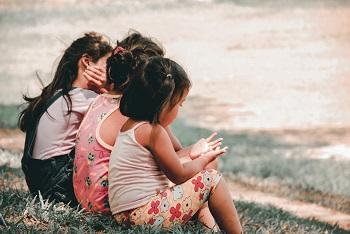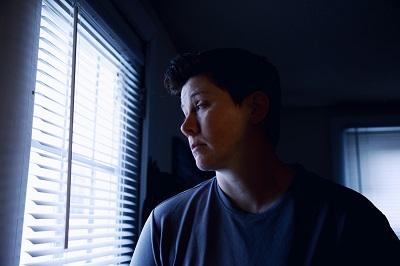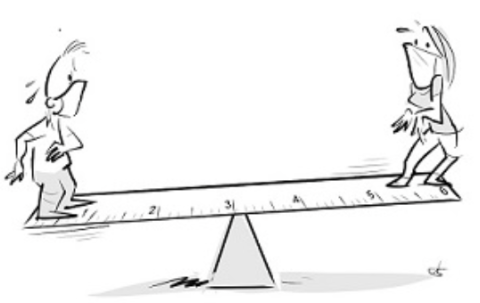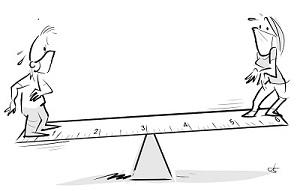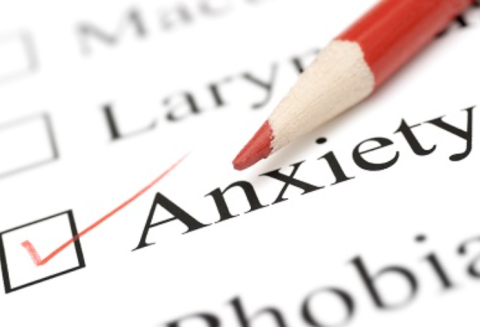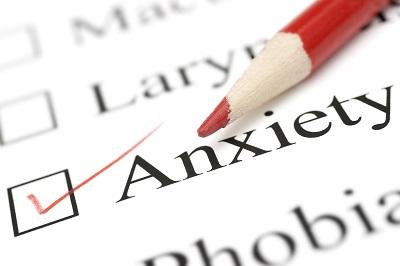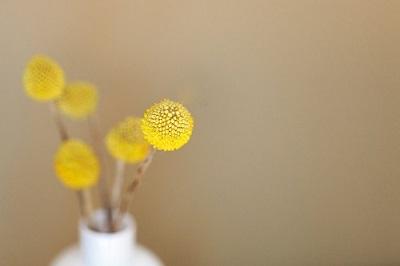ADAA Mental Health Blogs for the Public
Images of the murder of Black Americans, discussions about systemic racism, sirens blaring, crowds protesting, curfews, fires. It’s tough for adults to make sense of the hurt in the world right now, but how do we help our children and teens with it?
Grief is a natural multifaceted reaction to loss.
We all have the capacity to adapt to even the most difficult loss.
Recognize that grief contains love; try to let it in and not push it away.
COVID brings new potential risk factors, such as physical distancing that can derail healing after loss.
In the grocery store, you are told to stand back on the red line. You feel ashamed for not seeing it in the first place.
You tell your in-laws you are not comfortable having them visit their grandchildren in person, and you worry that they may never forgive you.
Someone asks you to stand farther away from them, and you feel embarrassed for making them feel uncomfortable.
Feeling anxious, worried, and tense? You are not alone! Anxiety disorders are the most common mental illness in the US, and General Anxiety Disorder (GAD) affects 6.8 million adults (or 3.1% of the population) every year (https://adaa.org/understanding-anxiety/facts-statistics). When feeling overwhelmed with worries and tension, the first step many people take is to ask their doctors about medication.
It is time to stop dreading anxiety.
Few things motivate escape and avoidance more than the feeling of anxiety, the sense of apprehension and worry that a catastrophic outcome may lie ahead. Sometimes we can name it – tomorrow is the big test, the first online date, a telemedicine check-up by Zoom – other times, we are unsure of the source of our unease. Of course, few words promote anxiety more than coronavirus.
The only thing certain in life is, seemingly, uncertainty. These days, especially, we don’t need to look very far to find uncertainty. We find it when we go to our local grocery store and see faces covered in masks, or when we turn on the news and hear that even our nation’s lead medical professionals don’t have the answers when it comes to stopping the COVID-19 pandemic.
